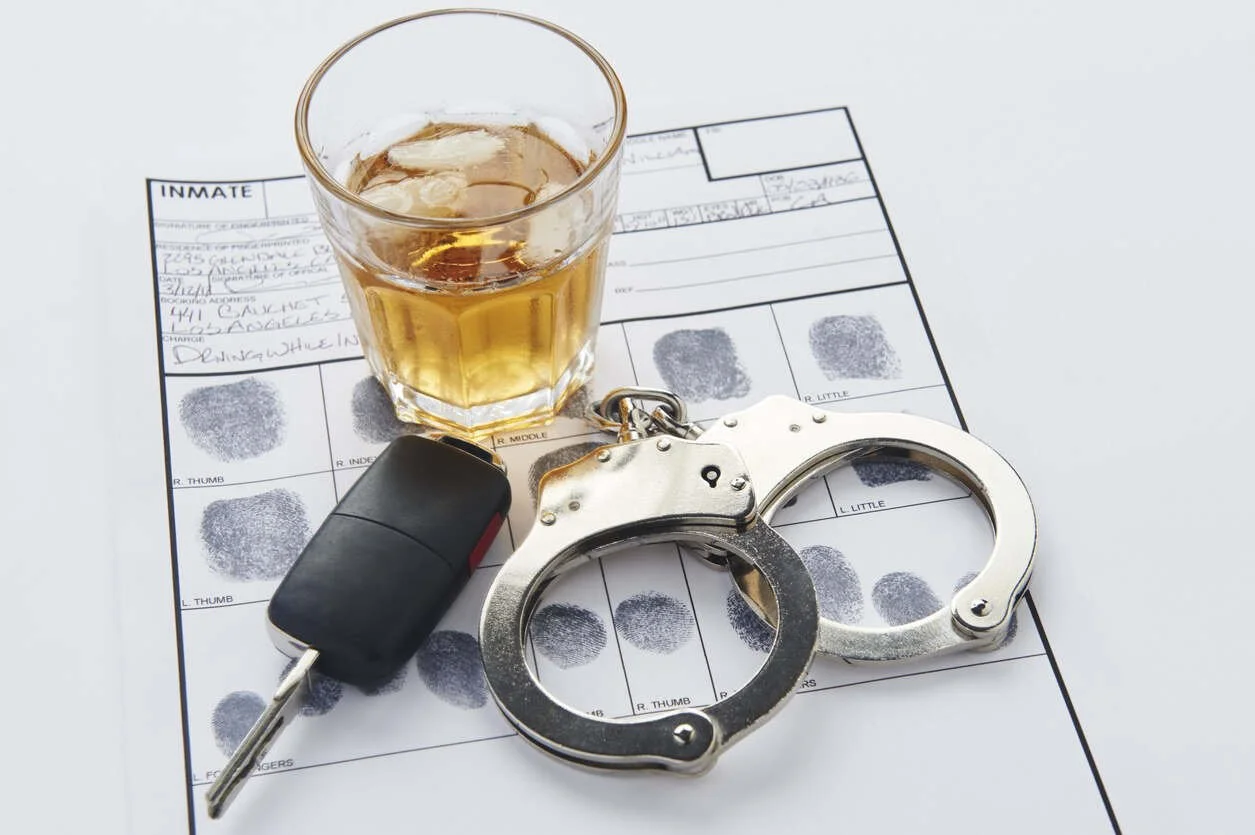How to Prepare a Proactive Filing Strategy for H-1B Extensions When a DUI Is on Record
For many foreign professionals working in the United States, the H-1B visa represents both career advancement and a path to long-term residence. But if an H-1B worker is arrested for or convicted of driving under the influence (DUI), the implications can extend far beyond criminal penalties.
When it’s time to file an H-1B extension, a past or recent DUI can trigger a Request for Evidence (RFE) or even a Notice of Intent to Deny (NOID) from U.S. Citizenship and Immigration Services (USCIS).
At Sharma Law Associates, LLC, our New York immigration attorneys regularly advise clients on how to proactively manage H-1B filings when alcohol-related incidents appear in their records. The key is planning early, presenting transparent documentation, and anticipating government scrutiny to avoid delays or jeopardizing the renewal.
Why a DUI Raises Immigration Concerns
Although a single DUI is usually classified as a misdemeanor under state law, it can still raise red flags during immigration processing.
Under federal immigration standards, a DUI may prompt USCIS or the U.S. Department of State to investigate whether the applicant:
Poses a public-safety or public-health concern.
Has a history of alcohol abuse that could affect admissibility.
May be subject to medical examination before re-entry or visa stamping.
When a DUI appears in government databases, USCIS often issues an RFE requesting police reports, court dispositions, and medical evaluations. If not appropriately addressed, the agency may deny the extension due to incomplete information or alleged inadmissibility.
Understanding RFEs and Administrative Review
A Request for Evidence (RFE) in an H-1B extension case signals that USCIS requires additional documentation before making a decision.
Common DUI-related RFEs request:
Certified copies of arrest and court records.
Proof that all fines, probation, or education programs have been completed.
Evidence showing no pattern of substance abuse or repeat offenses.
Medical exam results from a USCIS-designated civil surgeon if the agency questions alcohol dependency.
Failure to provide a complete response within the given deadline can result in a denial or the issuance of a NOID, which may require extensive legal rebuttal.
That’s why a proactive filing strategy—well before the RFE stage—is critical.
Building a Proactive H-1B Extension Strategy After a DUI
If you have a DUI on record, preparation should begin months before your H-1B expiration date.
A strong strategy includes:
Gather Certified Court and Police Documents Early
Obtain certified copies of arrest reports, plea agreements, sentencing orders, and proof of compliance. Having complete records ready at the time of filing shows transparency and avoids last-minute scrambling if USCIS requests them.
Obtain a Professional Medical Evaluation
If applicable, a substance-abuse evaluation from a qualified medical professional can demonstrate that no dependency exists and that the offense was isolated. This can neutralize concerns about ongoing health-related inadmissibility.
Document Rehabilitation and Compliance
Proof of completing alcohol education programs, community service, or counseling helps establish responsibility and rehabilitation, thereby reducing the perceived risk to public safety.
Maintain Strong Employment Evidence
Submit updated employment verification letters, pay records, and performance evaluations. Maintaining a good standing with your employer reinforces your eligibility for an H-1B status extension.
Work With Our Experienced Immigration Attorney
Our attorney can help preempt potential RFEs by preparing a comprehensive submission that addresses the DUI issue head-on, ensuring all supporting materials are included and properly organized.
What Employers Should Know
Employers sponsoring H-1B extensions should also understand how DUIs can complicate the filing process. While the incident may not reflect the individual’s professional capabilities, USCIS scrutiny can delay approval timelines.
Working with counsel ensures that employer letters, supporting forms, and filing timelines are aligned with any additional evidence USCIS might require.
Speak With a New York H-1B Visa Lawyer About DUI-Related Issues
A DUI does not automatically prevent an H-1B extension—but ignoring it or hoping it won’t surface can lead to serious problems. With proper legal preparation, most applicants can address the issue effectively and continue their employment in the United States.
At Sharma Law Associates, LLC, our New York H-1B visa lawyers develop proactive, evidence-based filing strategies for professionals facing DUI-related RFEs or NOIDs.
We help ensure your petition is complete, compliant, and positioned for approval.
Call us today at 646-760-6339, contact us online, or schedule a personalized consultation on our calendar to speak with an experienced H-1B immigration attorney in New York about preparing a secure filing strategy for your next extension.

